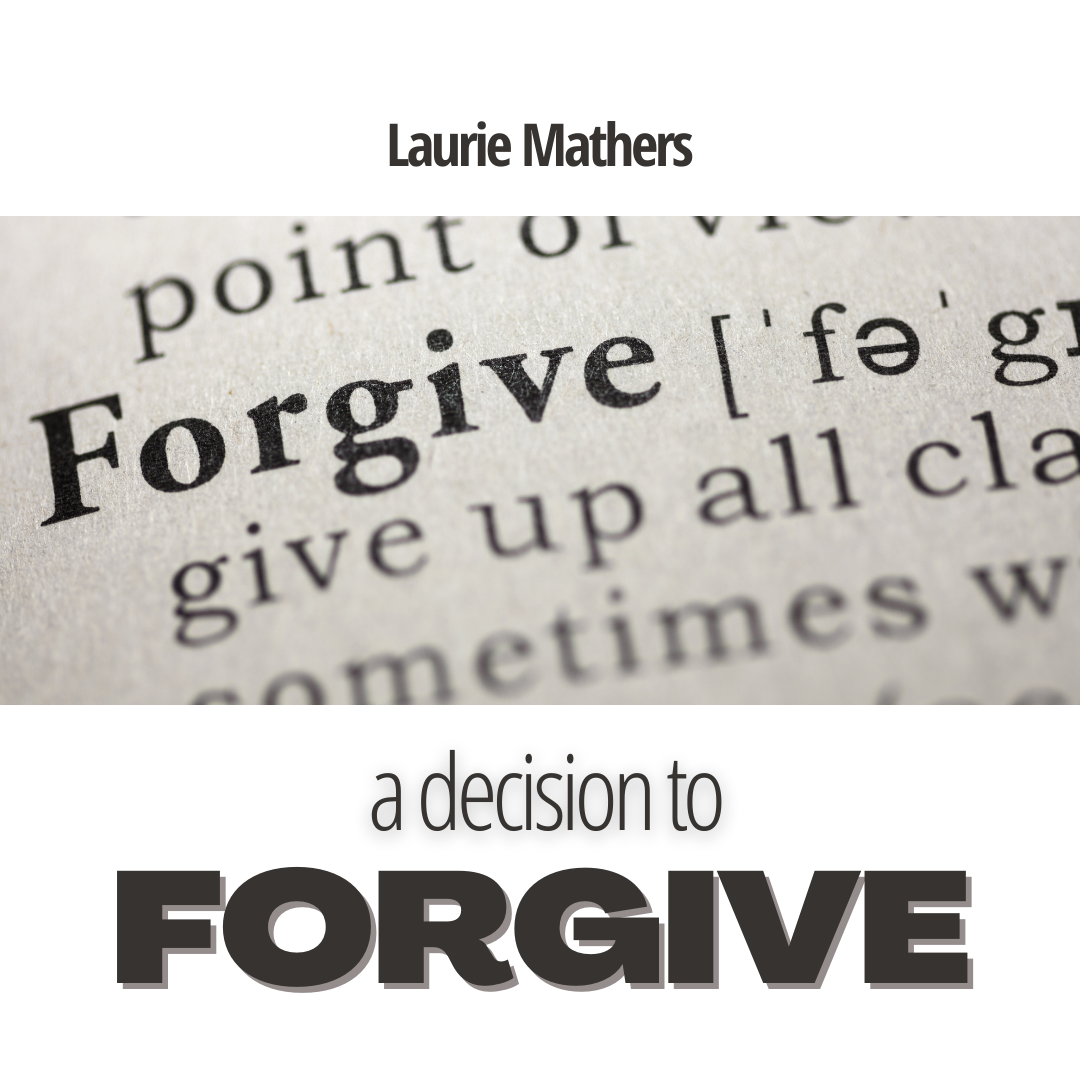A Decision to Forgive
Thirty years ago, I had an employer who was a professing Christian. He was a charismatic man with big dreams, and his employees were devoted to him. But his dreams were bigger than the reality in which we all lived. The business foundered. Paychecks became sporadic, but his bright optimism and our loyalty kept us around.
Eventually, however, it got to the point that he would neglect to pay us for weeks on end. One of the last straws for me was when I learned that during all the months that we went without pay, or settled for partial pay, our boss was renting a luxury home in Dana Point. Indignant, I finally quit. But there were others who stayed far longer waiting for that oft-promised ship, carrying its thousands of dollars of back-pay, to come in.
Like my boss, I, too, was a professing Christian at that time. I knew the Scriptures teach a man not to withhold wages from his workers. So, when I finally quit my job. I felt justified in taking my case to the Labor Board to try to force payment. But before I got very far in the process my conscience began to trouble me:
When one of you has a grievance against another, does he dare go to law before the unrighteous instead of the saints? . . . To have lawsuits at all with one another is already a defeat for you. Why not rather suffer wrong? Why not rather be defrauded?" (1 Cor. 6:1, 6-7)
And there was this:
". . . and forgive us our debts, as we also have forgiven our debtor" (Mt. 6:12).
Convicted, I abandoned my claim and wrote my former boss a letter forgiving him the debt he owed me.
When I look back to that time of my life, what I remember most isn’t the money I lost, it’s the joy of being able to look that man in the eye again and smile, and to see him smile in return. The freedom to love is more precious than whatever it costs. And it does cost. In order to forgive, I had to determine to absorb the loss and the offense that had come with it. I never regretted that decision.
All these years later I have come to understand more fully the gospel I never really grasped all those years ago. Back then I followed, when I followed, as one following a rule book. But even then, I experienced the sweet reward of warm affection and renewed relationship that forgiveness brings.
In order to have true fellowship, we have to break down every barrier to love and relationship. This means we have to forgive offenses, over and over. And, yes, this also means we have to absorb the costs. But this is exactly what God has done for us:
"And you, who once were alienated and hostile in mind, doing evil deeds, he has now reconciled in his body of flesh by his death, in order to present you holy and blameless and above reproach before him. . ." (Col. 1:21-22).
While we were still his enemies, God paid the price of his beloved Son’s life. He absorbed the cost of our sin in order to regain fellowship with us. And this is the basis upon which he expects us to forgive one another:
"Put on then, as God's chosen ones, holy and beloved, compassionate hearts, kindness, humility, meekness, and patience, bearing with one another and, if one has a complaint against another, forgiving each other; as the Lord has forgiven you, so you also must forgive. And above all these put on love, which binds everything together in perfect harmony" Col. 3:12-14.
Harmony with God and with each other is worth everything it cost Christ and everything it costs us. I've lived a lot of years on this earth, and I have a lot of regrets. But I have never regretted a decision to forgive.

